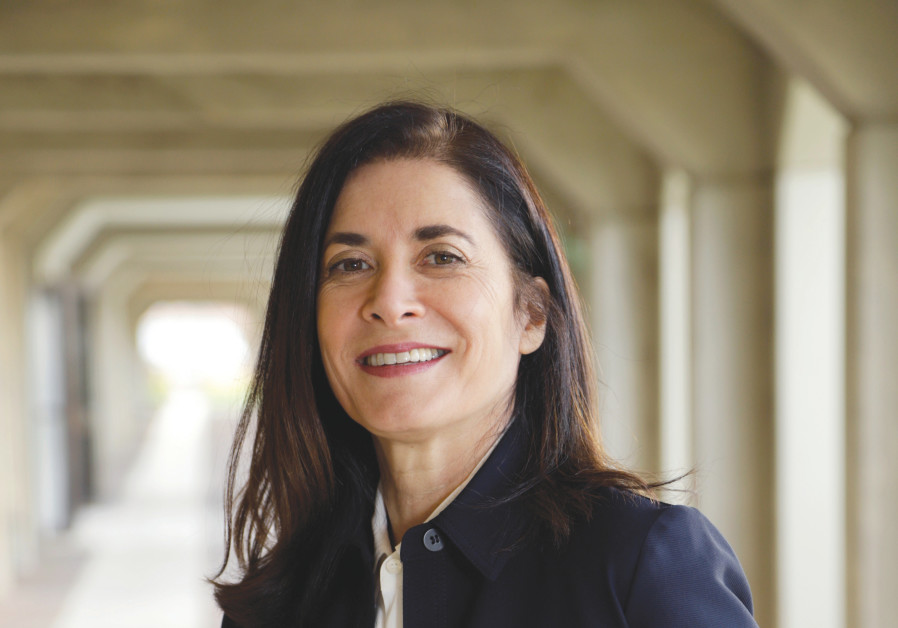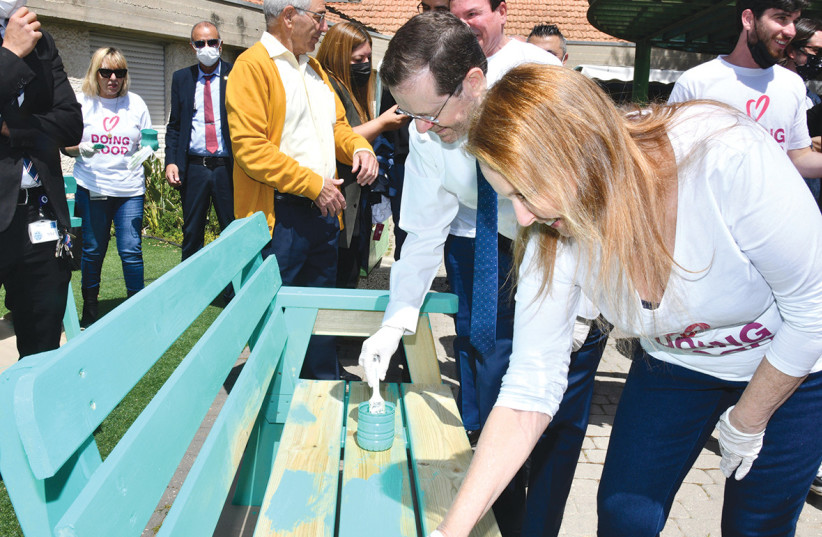
Mackenzie Scott, who donated the largest amount ever over a short period of time – $12 billion dollars (NIS 41.2 b.) since January 2019 according to The New York Times – does not call herself a philanthropist, but rather a giver.
As published in Medium Magazine, Scott believes that a rich person’s big check deserves no more admiration than a poorer person’s modest contribution. She further holds that volunteerism and nonprofits are more important than the donors and donations that fund them. A great deal has been said about Scott’s way of giving: large sums, given unconditionally and without her involvement, which is significantly unlike the common practice in today’s philanthropic arena.
Social entrepreneur Adi Altschuler recently accused the new high-tech wealthy of being stingy and arrogant, applying their business standards to their charitable giving and making audacious demands. Such behavior, dubbed philanthrocapitalism by The Economist as early as 2008, requires due diligence, monitoring and gauges for measuring results. Unlike most charity-givers, who regard themselves as external supporters, active philanthropists believe that their own personal involvement is crucial.
Only time will tell whether Scott’s donations have attained their goals and whether her hands-off approach will alter future philanthropy. But, even she, the greatest giver of all, has chosen to generate change by donating money to nonprofit organizations – which is the essence of philanthropy and the most effective way to create impact.
In Israel few donors call themselves philanthropists and prefer the terms social investor or social entrepreneur. A survey conducted in 2017 found that most Israelis dislike philanthropists, suspecting them of non-kosher motives. Moreover, when donors are substantially involved in the organizations to which they have contributed, it seems to fuel the suspicion that the gift is only serving the donor’s own financial or political agenda.

Such issues concern my co-philanthropists only in relation to our ongoing efforts to expand the circle of giving. The actual data, however, are encouraging: we are seeing a steady growth in significant donations (defined as NIS 100,000 NIS and above) made by Israelis. Moreover, the ratio between Israeli donations and overseas gifts is also improving. I believe that this growth will continue, thanks to the phenomenal success of Israel’s high-tech industry, although it takes time for people who have acquired wealth to start giving. First, they need to get accustomed to their new status and to the responsibilities that come with it.
Contrary to common belief, honor and recognition are not always the motivation to give but rather a sense of satisfaction, solidarity and, of course, the ability to make things happen. For example, for supporters of academia like myself and many others, every scholarship awarded improves not only the student’s own life, but also the life of her future family; every new laboratory enables scientific discoveries and medical breakthroughs that will impact lives everywhere.
Tel Aviv University (TAU) is a wonderful example of how we can cultivate a culture of giving. A leading, widely acclaimed academic institution, TAU raised the banner of philanthropy in Israel by establishing the Institute for Law and Philanthropy. The Institute has advanced a range of groundbreaking initiatives for improving Israeli philanthropy in various ways, including performing in-depth research and developing professional knowledge. It is a key player in the discourse on philanthropy between government agencies, business organizations and civil society.
TAU’s students and faculty members are also involved in social responsibility, both on and off campus. The TAU Impact program offers fully accredited academic courses on social involvement in various areas. All in all, over the last five years, TAU students have contributed over 250,000 hours of professional volunteering to more than 150 nonprofits throughout Israel.
All this is made possible by the University’s donors worldwide. The most generous of them are members of the TAU Board of Governors, convening this week on campus. The wish to belong and make a difference has motivated TAU donors to support Israel’s largest university and enable it to realize its plans and aspirations.
When we give to Tel Aviv University, we take Israeli society forward.
The writer is chairwoman of the TAU Board of Governors, co-founder of the Institute for Law and Philanthropy, and a member of the Committed to Give Initiative for promoting Israeli philanthropy.







